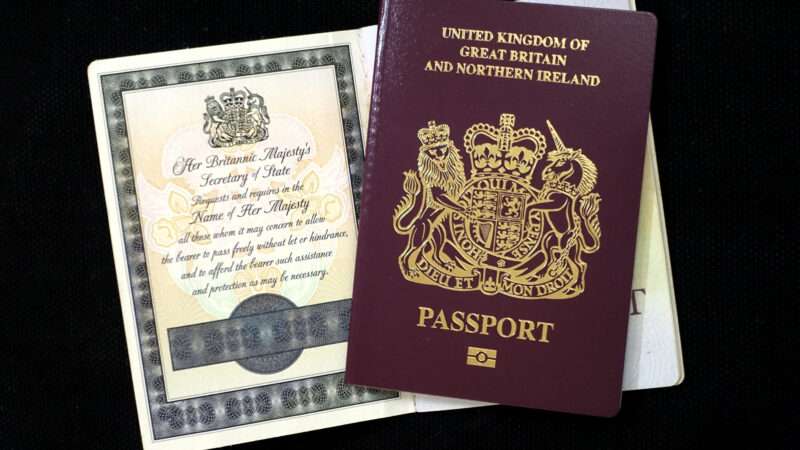Brian Umphress is the County Judge in Jack County, Texas. County Judge is apparently largely an executive position in Texas, though such a judge also does serves as a judge in small matters.
Judge Umphress officiates only at opposite-sex weddings, disagrees with Obergefell (the Supreme Court’s same-sex marriage decision), and “plans to run for reelection in 2022 on the platform that Obergefell was wrongly decided.” (There is no reason to think, to my knowledge, that he is refusing to comply with Obergefell in his legal rulings.) He therefore sued the Texas Commission on Judicial Conduct in federal court, seek an injunction and a declaratory judgment stating that he isn’t violate the Canons of Judicial Conduct.
U.S. District Judge Mark T. Pittman held (in an order that was slightly amended two days after being filed) that Umphress didn’t have the standing to sue the Commission, the case wasn’t ripe for decision, and the federal court should abstain given that the Canon is being challenged in a different case in state court. I in turn abstain from opining on these exciting procedural questions.
But then the Commission decided it hadn’t won enough, and filed an unopposed motion to clarify or amend Judge Pittman’s order:
Several passages in the Court’s Amended Order might inaccurately lead members of the public to believe that the Commission has prejudged issues concerning Judge Umphress. It has not; and it would not make any determinations about Judge Umphress’ current or future conduct unless, and until, a proceeding against him were initiated. It continues to be accurate that no proceeding is currently planned or anticipated. But the Commission has not been called upon to make, nor has it made, any representations that no proceeding ever could occur in the future, nor has the Commission prejudged what the outcome of any future proceeding might be. That would depend upon the specifics of what a future complaint might allege and the specifics of what future factual record might be developed.
It also submitted a proposed order with proposed text for several modifications. (Parties submitting proposed orders is not uncommon in many courts, and indeed is often required, though as we’ll see this proved not to be a successful tactic.
Today, Judge Pittman said no, in a colorful way (no?):
The Court finds the Commission’s concerns misplaced and unwarranted. The factual summary accurately reflects the Court’s understanding and interpretation of the record before it…. Indeed, the Court believes that anyone who comes across the Amended Order would find that it means what it says: that at the time Judge Umphress filed suit (1) he lacked standing, (2) his claims were unripe, and (3) that the Court would have invoked Pullman abstention in the alternative.
One might analogize the expressio unius canon to this situation in that anything not expressly held in the Amended Order was purposefully excluded, as nowhere in the Amended Order did the Court state or imply that the Commission immunized Judge Umphress from complaint or investigation. To any extent that there may be a “misconception” in connection with the Amended Order, let this Order’s existence serve to correct it.
Finally, the Court is deeply disturbed by the Motion. A mere diction dispute does not a Second Amended Order merit. The Court strains itself to imagine a similar situation in which a victorious party returned to the arena, declared its medal not quite to its liking, and demanded it be recast in a form more pleasing to its recipient.
Put simply, the Commission is inappropriately asking this Court to redraft its order in a way more suitable to its liking. As the late Judge Eldon Mahon frequently observed in his thirty years on this bench, the Court’s Order “it’s what it is, let the chips fall where they may.”
Who’s right and who’s wrong in the abstract is not for me to judge here. A winning litigant may well be entitled to some clarifications of an order; there’s no rule precluding such a request, to my knowledge. But experienced lawyers do tell juniors, “once you’ve won, sit down,” and the judge’s reaction in this case might corroborate the psychological truth behind that adage.
from Latest – Reason.com https://ift.tt/39Qxs7R
via IFTTT


